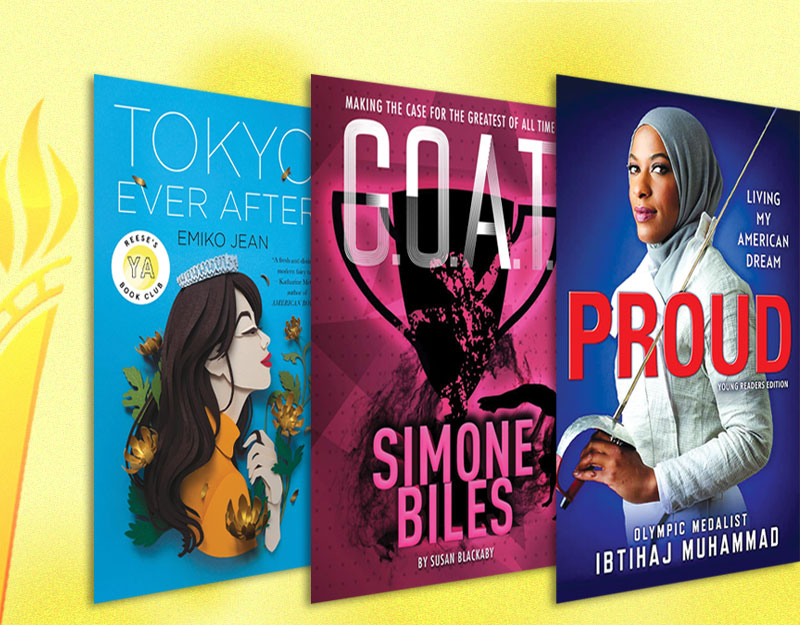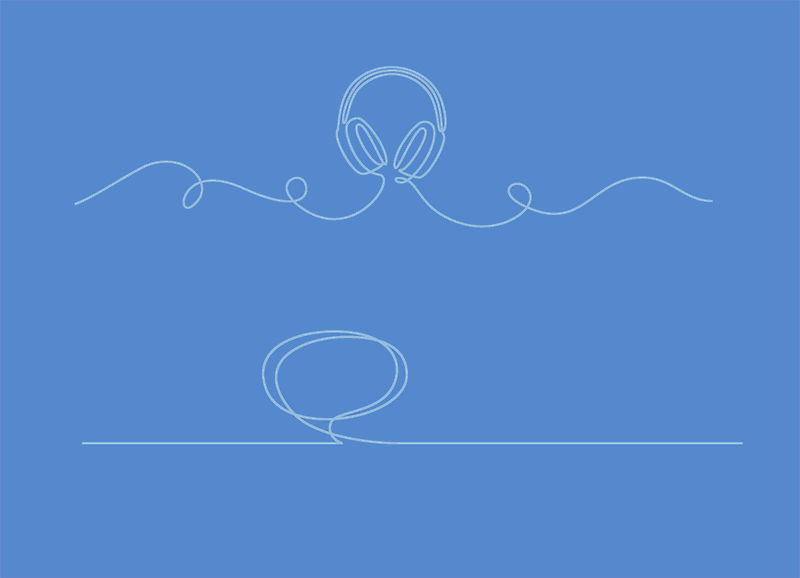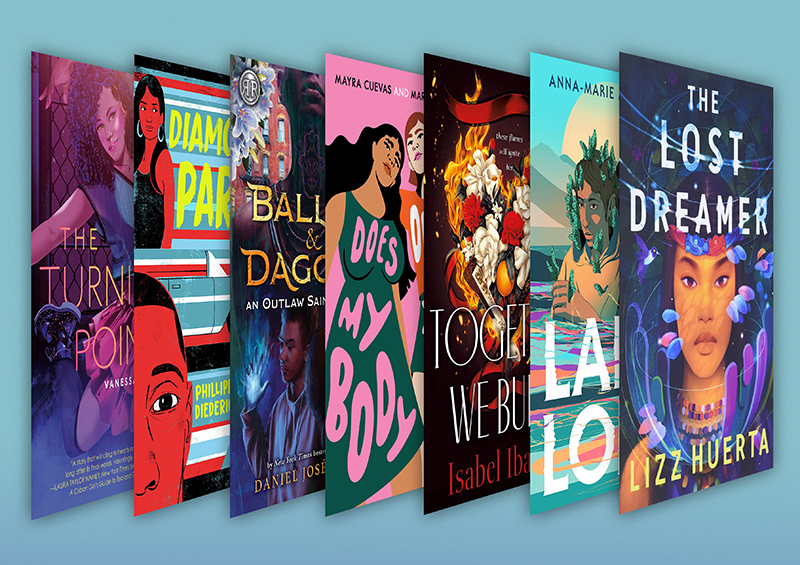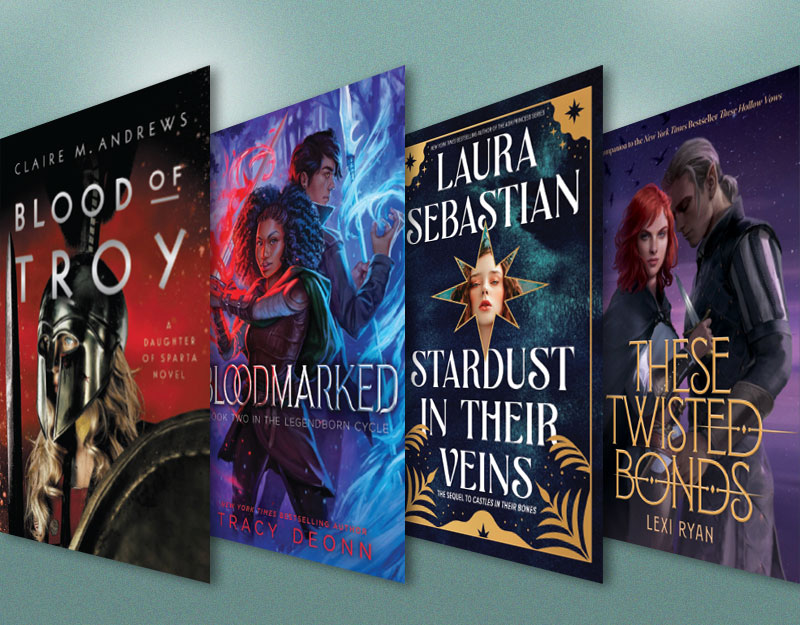The Writer’s Way, a guest post by Abdi Nazemian
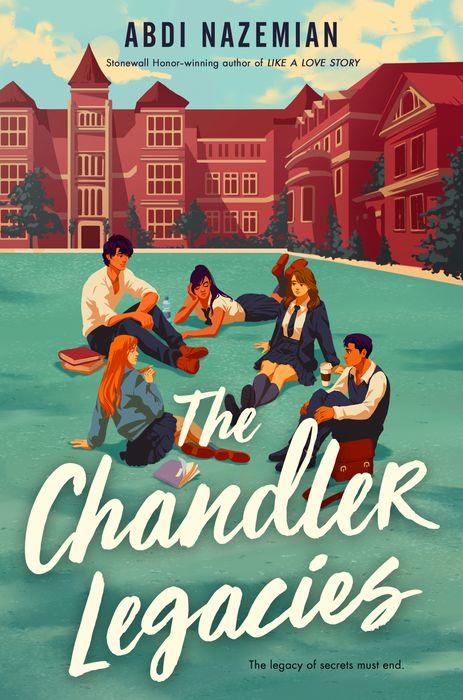
When I sat down to write The Chandler Legacies, I knew I wanted to write a story that would help me make sense of my time in boarding school, which turned into four of the most impactful years of my life. The book doesn’t shy away from exploring the tough parts of my experience: abuse, hazing, homophobia. But it was important for me to depict the complexity of the experience, because boarding school is also where I first felt seen by friends, and where I was first encouraged by mentors to explore writing and creativity, which has remained my preferred method of making sense of the world. In the novel, five students from different backgrounds are brought together by The Circle, a writing workshop run by the charismatic and complicated Professor Douglas. As the novel took shape, I knew I wanted to use the writing workshop not only to show the way in which the power of writing liberates the characters, but also as a chance to share some of the lessons I’ve learned about writing through the years.
When I attend panels as an author, or when I speak to students in classrooms, questions about writing always come up, and I always find the questions hard to answer because the truth is that my process isn’t an easy one to define. But I’d like to use this piece as an opportunity to share some thoughts on writing.
ADVERTISEMENT
ADVERTISEMENT
For starters, I don’t really have a strict writing process, though I deeply respect writers who do. I don’t have a set writing schedule, though I prefer mornings when I am writing. I don’t plot out my books in advance, though I do analyze their structure once I have a draft. Often, I start writing with nothing more than a world or a character or a single scene in my mind. When I began writing Like a Love Story, all I knew is that I wanted to write honestly about my experience coming of age as a queer immigrant at the height of the AIDS epidemic in the U.S. When I sat down to write The Chandler Legacies, all I knew is that I wanted to write honestly about my boarding school years. The thing I’ve taken away from all the writing workshops and classes I’ve been a part of is that what matters most to me is creating conditions that allow me to be vulnerable and honest on the page (always easier said than done).
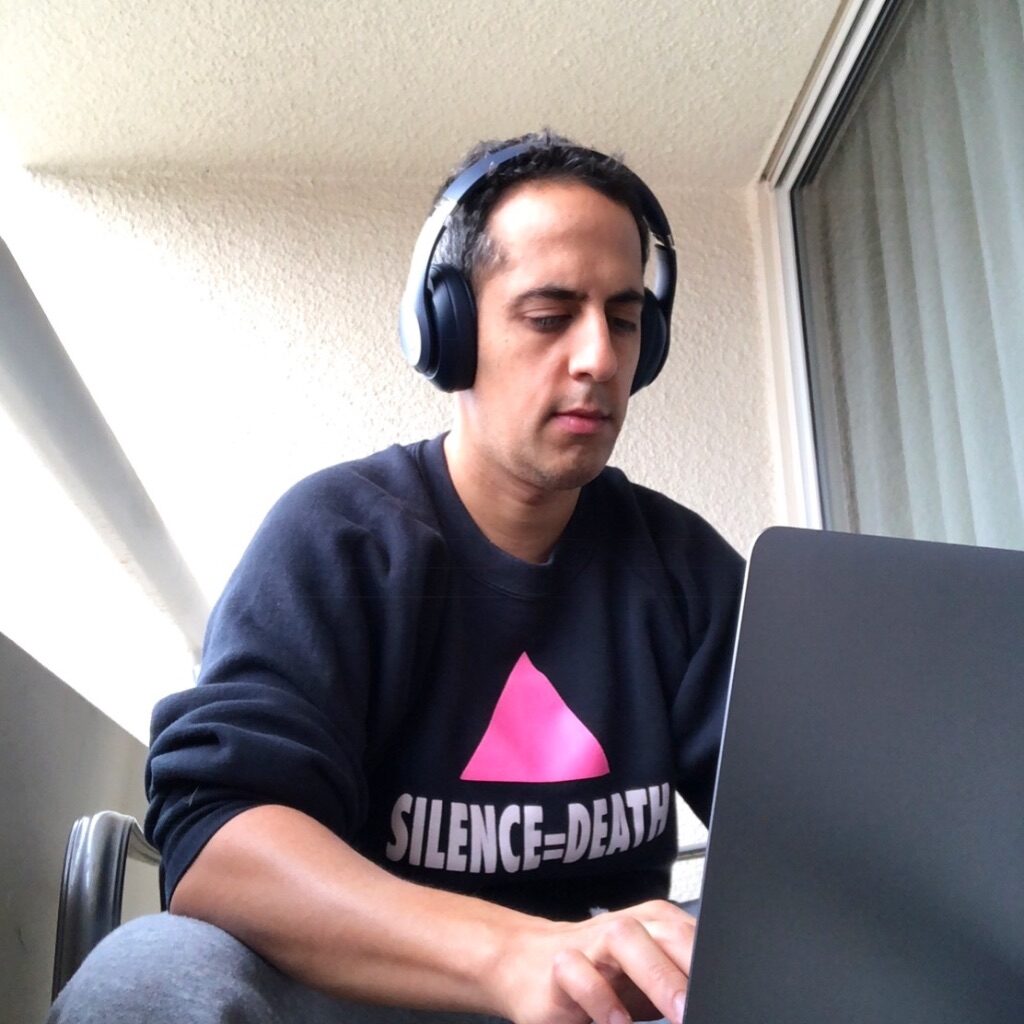
When I taught screenwriting, the first assignment I gave my students was to read a chapter from The Inner Game of Tennis. The students, probably expecting a lesson on three-act structure, were usually confused. The basic idea of the tennis reading is this: to be a great tennis player, you must practice so much that when you get on the court, you can play freely. Applied to writing, the lesson is simple, but hard to put into action. I encouraged students to journal constantly, so that when they sat down to work on their writing, they felt practiced enough to write freely. Self-editing, for me, is the biggest enemy of the writer. Anything that helps us write without questioning ourselves should be part of our practice. Or, in the words of Professor Douglas in The Chandler Legacies, “There is always time to edit and rewrite. In fact, that’s when all the best writing happens. But you can’t edit and rewrite something that doesn’t exist. And trust me, your writing won’t exist if you edit as you go. You need to let go. It’s the same with any endeavor. You practice, practice, practice, but when it’s time to do the task, you let go of everything and trust yourself.”
In college, a writing teacher gave me the writing assignment that probably changed my writing the most. She asked us to write a short story using spontaneous prose, with no pressure to use correct structure or even punctuation. I remember not only the story I wrote, but the feeling of writing the story, the feeling of complete freedom on the page, and complete safety. With the rules of the assignment, there was nothing I could write that could be wrong. It was a lesson I hold onto to this day. A first draft is meant to flow freely. If something honest comes out, there will be plenty of time to tighten story structure and fix errors and inconsistencies. The hardest thing is finding the honesty on the page.
In The Chandler Legacies, Professor Douglas gives her students many writing assignments. She has them write during their workshops, often with the help of a prompt (which I personally have found very helpful in my writing workshops, and if you’re not in a workshop, you can always give yourself a prompt or look one up online), and often with the help of music (which I find immensely helpful in unlocking creativity). She has them carry notecards around with them to jot down ideas as they come, which I used to do, and still do with the help of my Notes app.
I hope that readers who read the novel can’t put it down. But I also hope they do put the book down and try some of these assignments themselves to see if they resonate. Professor Douglas says that “creativity is a form of witchcraft, emphasis on the craft,” and that feels like a good summation of some of my own feelings on writing, which is a combination of intense freedom and intense rigor.
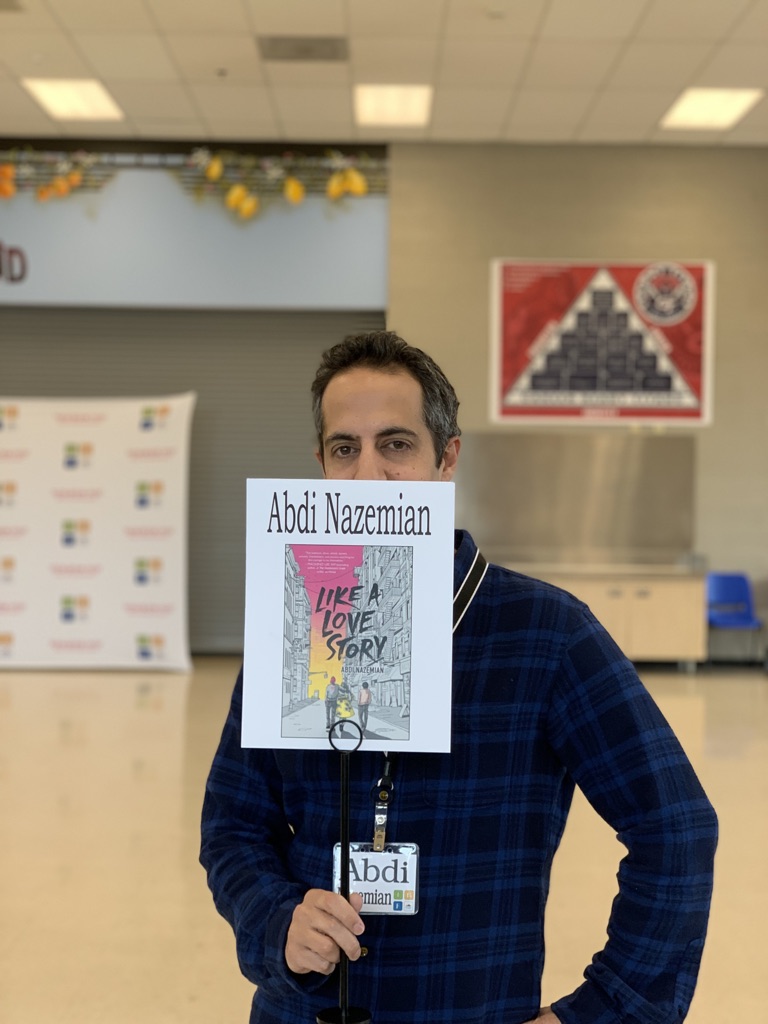
The novel explores how writing can be used to free and liberate, and also how writing can be used to do the exact opposite. There is a responsibility that comes with everything we write, a responsibility to be honest. As the book demonstrates, the consequences of dishonest writing can be tragic. But honest writing, to me at least, is never tragic. It’s by definition an act of optimism and hope. Something I hear often on panels is that we should move beyond telling tragic queer stories, or that we as young adult writers have a responsibility to give teens hopeful stories. My response is that every honest story is hopeful. Like a Love Story deals with injustice, loss and grief, and also with the power of friendship, art, activism and community in the face of injustice, loss and grief. The Chandler Legacies deals with hazing and abuse, and also with the power of creativity to change systems of power. The very fact that I’m writing these books, writing this piece – when I spent my own young adult years closeted and feeling invisible – fills me with hope and optimism for life.
Which leads me to one final thought, which is to remember that we write about life. Writing is observing. Listening. Loving. In other words, sometimes the best thing a writer can do is take the pressure off the work, and reconnect with all the complicated, beautiful parts of life that give us something to write about.
Meet the author
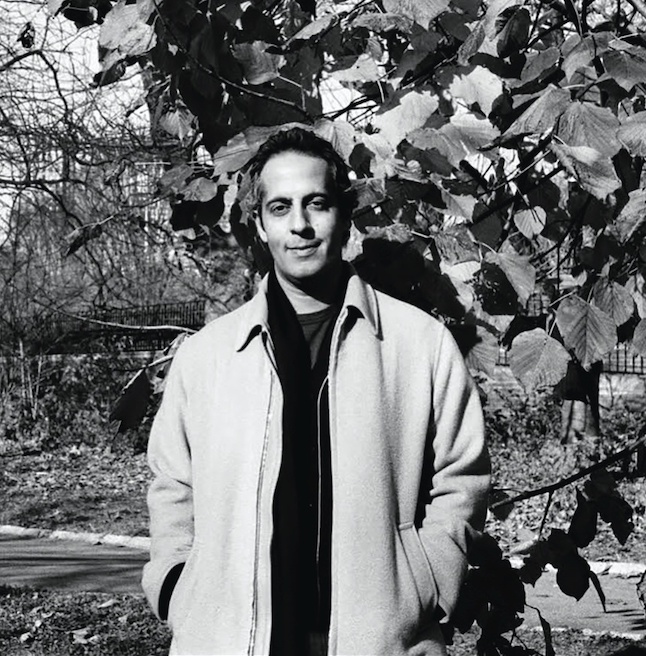
ADVERTISEMENT
ADVERTISEMENT
ABDI NAZEMIAN (he/him) is the author of Like a Love Story, a Stonewall Honor Book, and The Authentics. His novel The Walk-In Closet won the Lambda Literary Award for LGBT Debut Fiction. His screenwriting credits include the films The Artist’s Wife, The Quiet, and Menendez: Blood Brothers and the television series The Village and Almost Family. He has been an executive producer and associate producer on numerous films, including Call Me by Your Name, Little Woods, and The House of Tomorrow. He lives in Los Angeles with his husband, their two children, and their dog, Disco. Find him online at www.abdaddy.com.
About The Chandler Legacies
From the Stonewall Honor–winning author of Like a Love Story comes a revelatory novel about the enclosed world of privilege and silence at an elite boarding school and the unlikely group of friends who dare to challenge the status quo through their writing. Perfect for fans of E. Lockhart, Kathleen Glasgow, and Jandy Nelson, with crossover appeal for readers of Donna Tartt’s The Secret History and Curtis Sittenfeld’s Prep.
Beth Kramer is a “townie” who returns to her sophomore year after having endured a year of tension with her roommate, Sarah.
But Sarah Brunson knows there’s more to that story.
Amanda Priya “Spence” Spencer is the privileged daughter of NYC elites, who is reeling from the realization that her family name shielded her from the same fate as Sarah.
Ramin Golafshar arrives at Chandler as a transfer student to escape the dangers of being gay in Iran, only to suffer brutal hazing under the guise of tradition in the boys’ dorms.
And Freddy Bello is the senior who’s no longer sure of his future but knows he has to stand up to his friends after what happened to Ramin.
At Chandler, the elite boarding school, these five teens are brought together in the Circle, a coveted writing group where life-changing friendships are born—and secrets are revealed. Their professor tells them to write their truths. But is the truth enough to change the long-standing culture of abuse at Chandler? And can their friendship survive the fallout?
ISBN-13: 9780063039322
Publisher: HarperCollins Publishers
Publication date: 02/15/2022
Age Range: 13 – 17 Years
Filed under: Uncategorized
About Amanda MacGregor
Amanda MacGregor works in an elementary library, loves dogs, and can be found on Twitter @CiteSomething.
ADVERTISEMENT
ADVERTISEMENT
SLJ Blog Network
2024 Books from Pura Belpré Winners
Passover Postings! Chris Baron, Joshua S. Levy, and Naomi Milliner Discuss On All Other Nights
Winnie-The-Pooh | Review
Parsing Religion in Public Schools
ADVERTISEMENT




